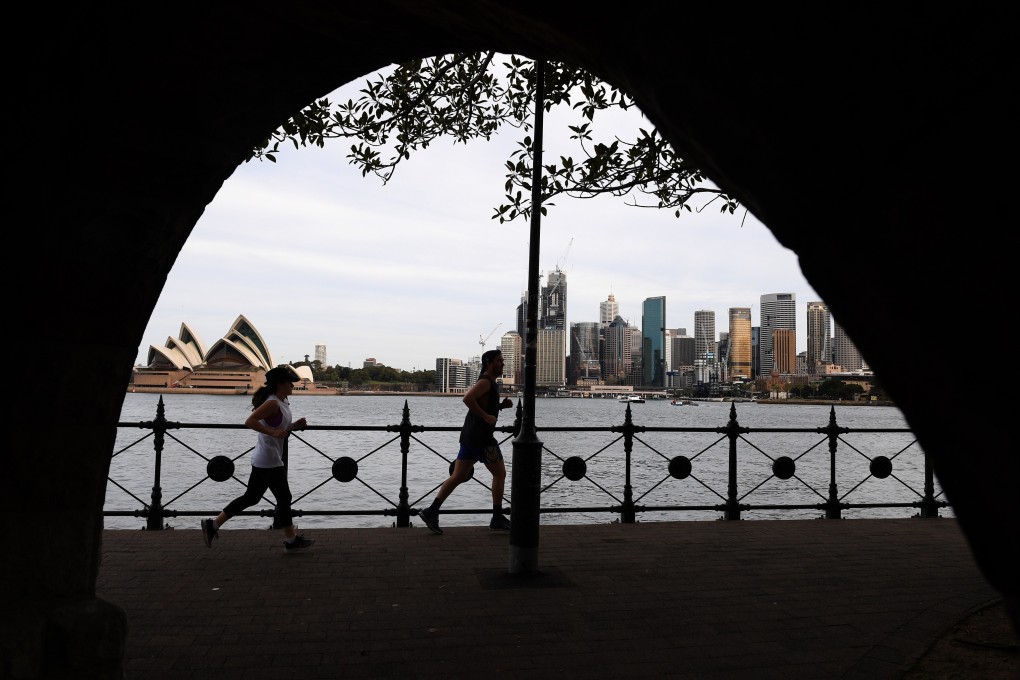Advertisement
Australians ‘not willing to give up’ on China despite growing mistrust, survey finds
- Increased foreign influence and security threat from China are concerns for most Australians, finds annual survey by the Australia-China Relations Institute and the Centre for Business Intelligence & Data Analytics
- While six in 10 respondents believe Australia should keep trying to have a strong relationship with China, the same proportion want Canberra to take a tougher stance, leading researchers to say the findings show a ‘complicated picture’
Reading Time:4 minutes
Why you can trust SCMP
50

Most Australians think China and Australia can work together on international issues such as climate change despite their mistrust of the Chinese government and its influence in their country, a survey by the University of Technology Sydney has found.
A new poll by the university’s Australia-China Relations Institute (ACRI) and its Centre for Business Intelligence & Data Analytics (BIDA) found that, amid a deteriorating diplomatic relationship between the two countries, Australians held conflicting views about China.
Even though most of the 2,000 adult Australians surveyed in March and April did not trust the Chinese government’s dealings with Australia and were concerned by increased Chinese investment and property purchases in their country, they also saw the Chinese government as having greater influence in the Asia Pacific than Australia’s biggest ally, the United States.
Advertisement
Despite a strong shift in sentiments, with most of those surveyed saying their views of China had worsened since the start of the coronavirus pandemic, six in 10 surveyed believed that Canberra should continue to build ties with Beijing, while about half of those surveyed felt the Australian government needed to support closer economic ties with China.
However, about 63 per cent believed the government should take a harder line in policies dealing with China.
Those who supported a relationship with China said Australia stood to gain from it, while some of those who expressed concerns about the relationship also expressed support for better ties.
Advertisement
Select Voice
Choose your listening speed
Get through articles 2x faster
1.25x
250 WPM
Slow
Average
Fast
1.25x
